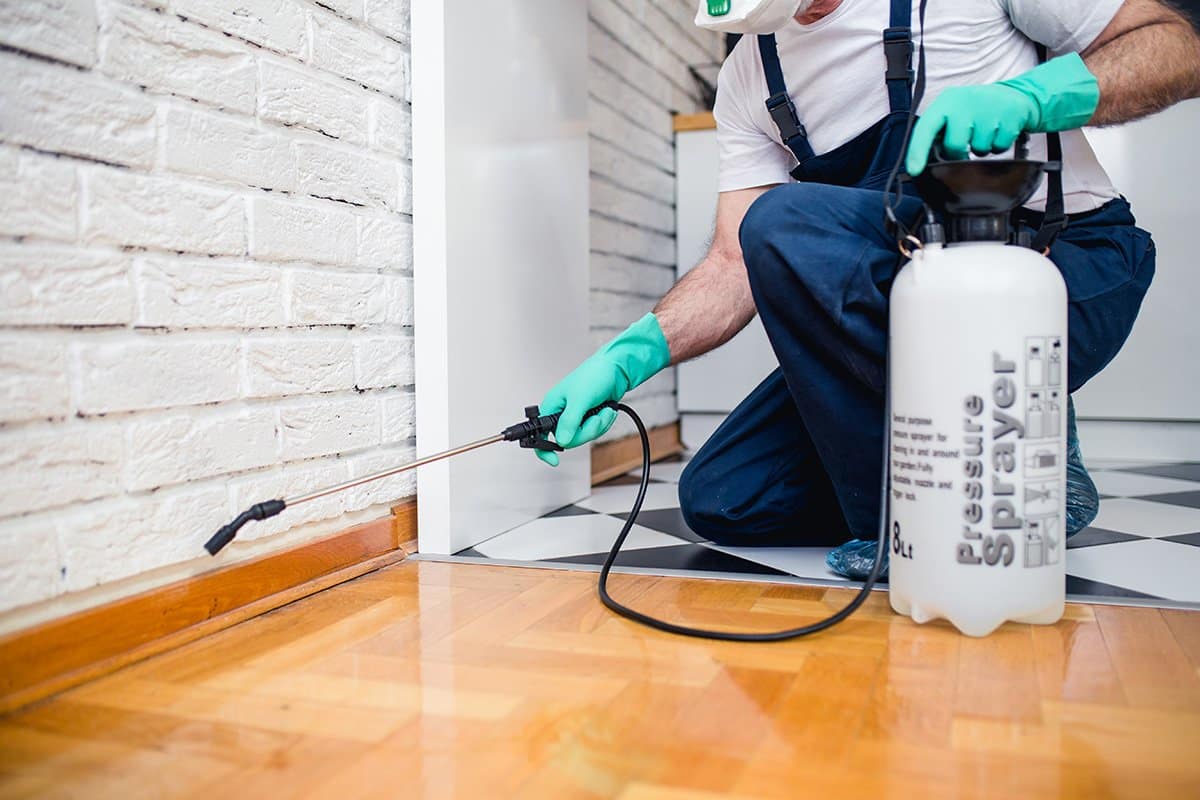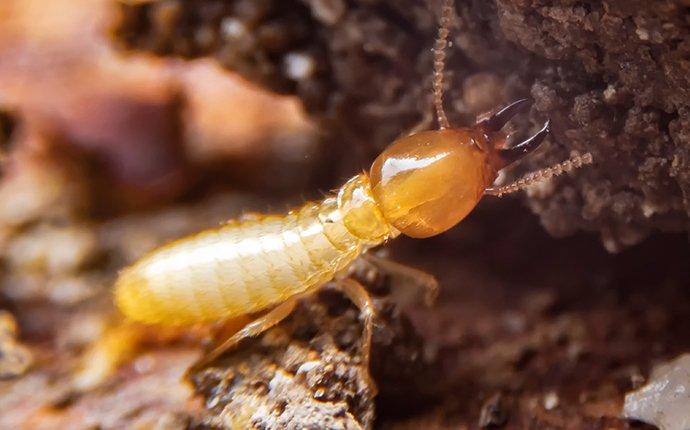Specialist Ant Control Services: Custom-made Therapies for Lasting Results
Ecological Influence of Pest Control: Harmonizing Effectiveness With Sustainability
The environmental effect of parasite control is an essential concern that requires a fragile equilibrium between attaining performance in managing pests and making sure sustainability of our communities. From the use of hazardous chemicals that seep into our soil and water to the unexpected repercussions on non-target species, the effects of traditional pest control practices are significant.
Dangerous Chemicals in Insect Control
The application of hazardous chemicals in parasite control presents substantial ecological and health and wellness risks that require cautious consideration and mitigation approaches. Herbicides, pesticides, and insecticides are commonly made use of to eradicate bugs, however their extensive application can bring about unplanned consequences. These chemicals can infect dirt, water sources, and the air, affecting not only the targeted insects but likewise advantageous bugs, wild animals, and humans.

To address these dangers, integrated insect administration (IPM) techniques are being advertised as a much more lasting alternative. IPM entails a mix of methods such as biological control, habitat adjustment, and the targeted use pesticides as a last resource (ant control statesville nc). By taking on a holistic strategy to pest control, we can lessen the environmental and health effects connected with dangerous chemicals while efficiently taking care of pest populations
Impact on Non-Target Variety
Taking into consideration the unintended repercussions of pest control approaches, the influence on non-target types is an important element that calls for comprehensive evaluation. While parasite control procedures intend to target specific bugs, other microorganisms in the community may be accidentally impacted. Non-target varieties, including helpful insects, birds, animals, and even plants, can suffer direct or indirect injury from pesticide applications or biological control techniques.
Pesticides can have deadly or sub-lethal effects on non-target species. As an example, pesticides made to combat a particular bug bug might harm pollinators like or all-natural predators such as ladybugs. Additionally, chemical residues can build up in the atmosphere, impacting non-target microorganisms over time. Likewise, biological control representatives, otherwise species-specific, can posture dangers to unintentional targets, interrupting the eco-friendly equilibrium.
To reduce the effect on non-target types, integrated insect monitoring (IPM) strategies that stress an all natural strategy to pest control are advised. These techniques focus on making use of eco-friendly practices, minimizing harm to helpful microorganisms while successfully managing pest populations. Conducting comprehensive threat evaluations and monitoring the outcomes of parasite control initiatives are vital actions in protecting non-target species and advertising overall ecosystem wellness.
Dirt and Water Contamination
Unexpected environmental effects of bug control techniques expand past impacting non-target varieties, with considerable ramifications for dirt and water contamination. Chemicals, herbicides, and chemical plant foods utilized in insect control can seep into the dirt and pollute groundwater, posing a risk to both aquatic and earthbound ecological communities. Dirt contamination can interrupt the equilibrium of bacteria vital for nutrition biking and plant development, bring about lowered soil fertility and productivity. Furthermore, these chemicals can continue the environment for extensive durations, accumulating in the dirt and possibly going into the food web.
Water contamination is another vital problem connected with bug control practices. To mitigate dirt and water contamination from bug control activities, integrated bug management techniques that focus on sustainability and decrease chemical inputs are vital.
Air Contamination From Pesticide Use
Direct exposure to airborne chemicals throughout agricultural applications positions a significant worry for air contamination control actions. Additionally, chemical drift, where chemicals are carried by the wind to unintentional locations, can lead to the contamination of nearby communities and water bodies.

Methods for Sustainable Pest Control
In the realm of agricultural methods, applying lasting parasite control strategies is paramount for maintaining environmental balance and securing plant yields. Sustainable insect control emphasizes making use of eco-friendly approaches to take care of parasite populaces properly while minimizing harm to non-target organisms and communities. Integrated Insect Management (IPM) is a widely adopted approach that combines biological, social, physical, and chemical control approaches to attain long-lasting insect management services.
Plant rotation and diversification are website link also effective techniques to interrupt pest life cycles and create much less favorable conditions for parasites to prosper. Ultimately, by incorporating these sustainable bug control strategies, farmers can accomplish an equilibrium between pest monitoring effectiveness and ecological stewardship.
Conclusion
To conclude, the environmental effect of parasite control methods need to be thoroughly thought about to stabilize effectiveness with sustainability. Dangerous chemicals used in insect control can bring about dirt and water contamination, air pollution, and damage non-target types - ant control. It is vital to execute lasting pest control techniques to lessen these adverse results on the setting and promote a healthier community for future generations
By adopting an alternative strategy to pest control, we can reduce the environmental and health and wellness effects connected with unsafe chemicals while effectively managing pest populaces.

To minimize the air pollution triggered by pesticide use, it is necessary to adopt integrated parasite management approaches that prioritize the use of non-chemical parasite control methods, such as crop turning, all-natural predators, and resistant crop ranges. Lasting pest control highlights the usage of eco friendly methods to handle parasite populaces efficiently while decreasing harm to non-target organisms and environments. Integrated Pest Management (IPM) is a widely embraced approach that integrates organic, social, physical, and chemical control approaches to attain long-term pest management remedies.